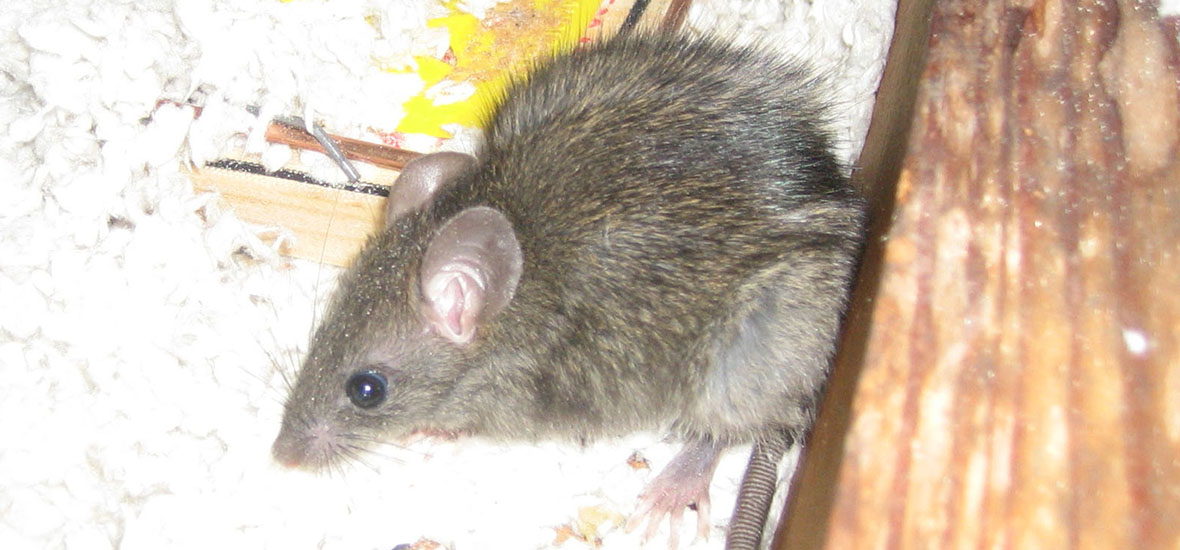- info@Topekapestanimal.com
Call 24/7 for a free quote:
785-530-5518
Can Kansas Rat Droppings Make You Ill? Learn How You're in Danger
Though the Topeka rats may seem fragile and small, the health hazards that are related to them can be unimaginable. History has proved how deadly the rats can be when the Black Plague has killed millions of people during the medieval period. Apart from these, there are also pathogens that thrive in their droppings. Accidentally inhaling the fungal or microbial spores can lead to disease transmission.

Different Disease that Can Be Acquired Through Rat Droppings
Millions of American residents are suffering from rat infestation. While their presence can cause severe damage to your property, the health hazards that they carry should never be ignored. Let us discuss some of the diseases and symptoms that you can acquire from touching or inhaling the droppings of the rat. Pay attention to these symptoms and seek immediate medical attention especially if you have rat infestation in your house.
Hantavirus
There are some species of Topeka rats such as the rice rat that are possible carrier of this disease. The victims can suffer from a debilitating condition and they will find it hard to breathe. The Hantavirus can be spread to human if the fungal spores from the feces of the rats will be carried through the air. This is why you shouldn’t carelessly disturb their droppings. The initial symptom of this disease will be similar to a common flu virus. During severe cases, the infected person will have problem with their breathing which may become fatal if not given with the right medical attention. Some of the symptoms that you need to look out for include muscle pain, fatigue, fever, vomiting, nausea, abdominal pain, and diarrhea.
Salmonella
Ingesting water or food that has been contaminated with the feces of the rat can lead to salmonella. There are rats that may carry this bacterium in the digestive tract. Having a direct contact with the excrement of an infected rat can lead to salmonellosis. You may experience symptoms such as diarrhea, nausea, vomiting, abdominal cramps, chills, and fever.
Lassa Fever
Lassa Fever is another type of disease that can be acquired when you accidentally inhaled the dust that has been contaminated with the urine and droppings of the rat. Touching the droppings of an infected rat will also result to disease transmission. The symptoms of the disease may start to manifest 6-21 days after the exposure to their droppings. The condition will usually be subtle and may start from a normal fever. As days go by, you may start experiencing abdominal pain, coughing, diarrhea, sore throat, chest and muscle pain, and bleeding in your mouth.
In order to prevent the transmission of this disease, you need to keep your Topeka house free from rodents. You should also wear protective gears when you are cleaning the droppings of the rats. Decontaminate your house using an enzyme-based cleaner that has the capacity to breakdown organic matters. You should also consult the wildlife experts who will provide you with a better method to deal with the hazards that are related with rats.
Visit our Topeka animal removal home page to learn more about us.

